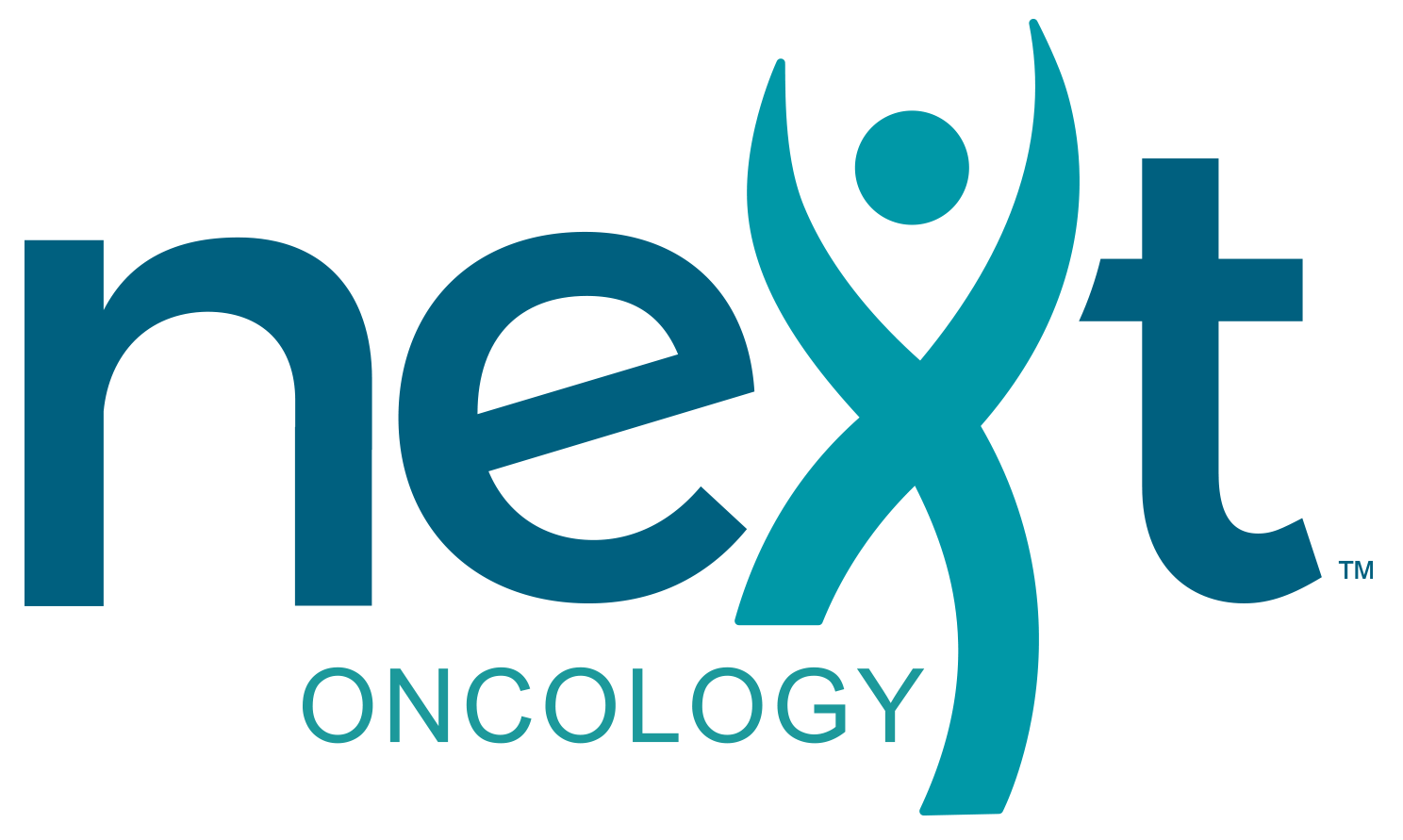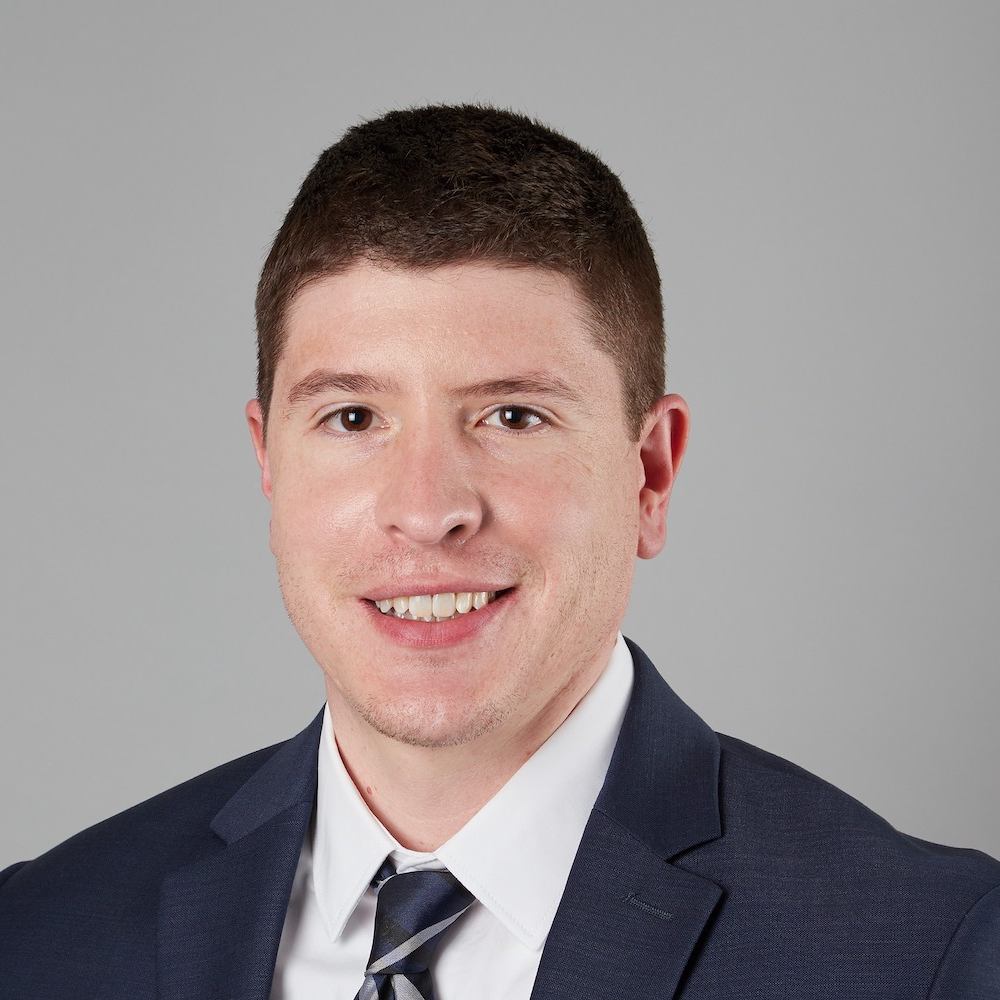Dr. David Sommerhalder has the heart and passion to find a cure for his patients through Phase I clinical research at NEXT Oncology. However, his path to get here took a few twists. In the end, he found his true calling.
Originally from Longview, Texas and the son of a radiologist, Dr. Sommerhalder had an interest in medicine that began in his high school anatomy class. After majoring in pre-medicine at UT Dallas, he found he was also very interested in information technology (IT). After graduation, he went to work at a medical IT company, but quickly realized that the IT profession lacked the human interaction he desired. He wanted to make a difference.
“I attended Ross University School of Medicine, and after receiving my medical degree, I completed my residency in internal medicine at Louisiana State University,” Dr. Sommerhalder said. “It was there that I had several incredible mentors in oncology who were focused on the science behind the therapies. I was drawn to the challenge of overcoming cell mutations and compassion of patient interactions.”
It was during his time as chief fellow at Feist-Weiller Cancer Center at LSU that he became familiar with Dr. Anthony Tolcher, the founder of NEXT Oncology, and his cutting edge, scientific research that offers hope to those patients with advanced disease.
“Phase I clinical research is challenging, but that is what keep me coming back every day,” Dr. Sommerhalder said. “There are so many side effects to cancer and its treatments. Patients experience pain, both psychological and physical, as well as other issues such as nausea and hair loss. It’s my job to truly listen to the patients and help navigate those challenges.”
He adds that another challenge is the lack of understanding or misinformation around Phase I clinical oncology trials. Dr. Sommerhalder believes it is important to take time with his patients and their families to listen, answer questions and provide facts to help his patients make informed decisions. Phase I clinical trials are designed to not only help his current patients, but says some patients find it altruistic to know they are helping others who may be on the same journey down the road.
“For me, a win results in a great response to therapy. But that doesn’t happen every day. If a patient is happy and trusting in the process, we are a team and winning together. My patients’ quality of life is most important; if I can control the pain and provide my patients with a happy life with their families, we are winning.”

